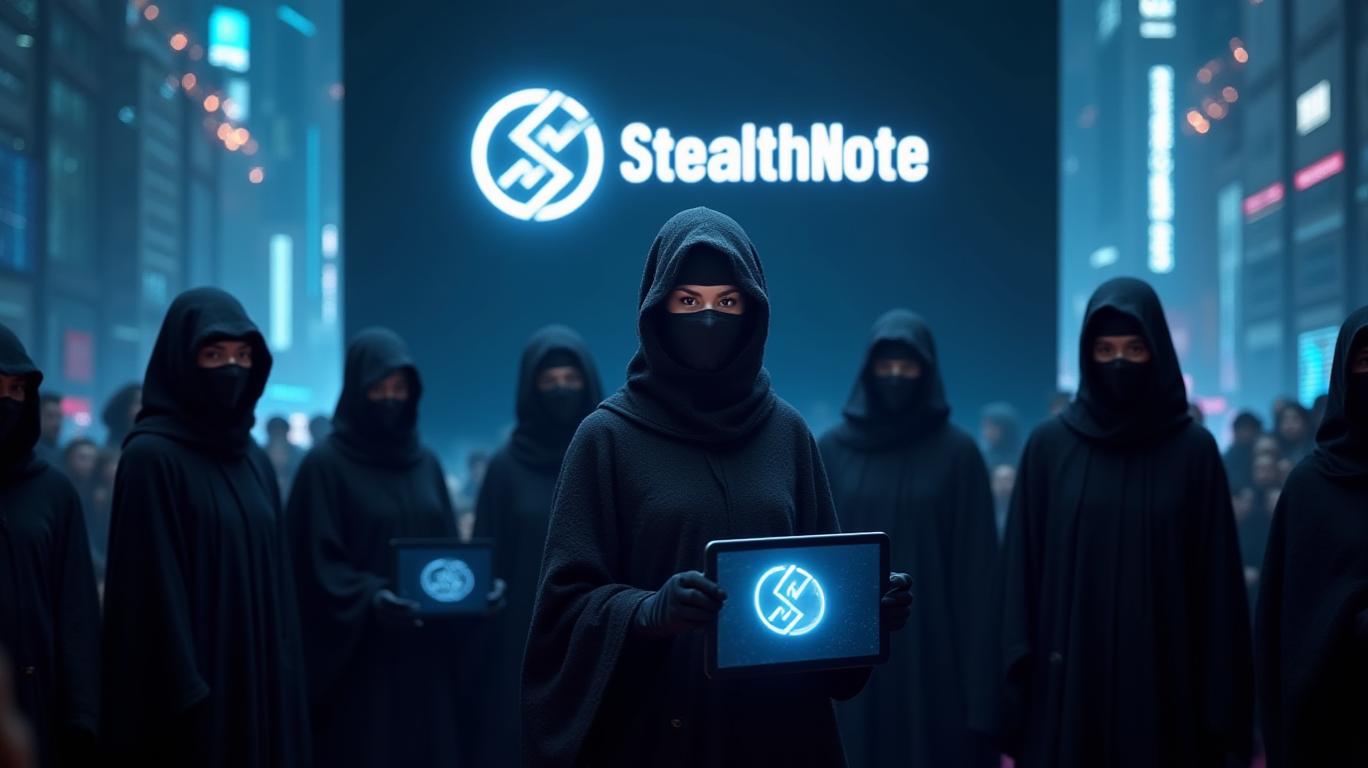Aztec Network Launches StealthNote for Anonymous Whistleblowing
Aztec Network, a prominent Ethereum layer-2 project, has introduced StealthNote, an innovative whistleblowing platform designed to enable employees to share workplace concerns anonymously. The platform leverages zero-knowledge proofs (ZK-proofs) to authenticate users without revealing their personal information. This technology verifies that posts are made by individuals with valid company email addresses, ensuring that the whistleblower's identity remains protected.
Saleel Pichen, a developer at Aztec Labs, explained on X that StealthNote generates a zero-knowledge proof of a GoogleGOOG-- JSON Web Token to authenticate users. This process confirms that the user has access to a corporate domain while maintaining anonymity. The platform has been in development since at least October 2022, with internal testing conducted over the past three months. Contributors from various organizations, including the Ethereum Foundation, StarkWare, Scroll, and institutions like Columbia and Cornell universities, have already posted supportive messages on the platform.
StealthNote's launch coincides with a renewed focus on digital privacy. The platform's initial email verification feature is just the beginning, with plans to expand to other forms of anonymous group membership verification in the future. This includes proving membership based on specific emails received, location, and other criteria. Aztec Network, known for its emphasis on privacy and cryptography, was launched on Ethereum in February 2020 and raised $100 million in a Series B funding round in December 2022, led by a16z, with participation from A Capital and King River Capital.
With StealthNote, Aztec continues to explore the potential of zero-knowledge technology in enhancing privacy in real-world applications. In 2023, a coalition of Web3 companies established the “Universal Privacy Alliance” to safeguard digital privacy rights. The alliance, which includes entities like Nym, Protocol Labs, the Filecoin Foundation, Oasis, and Aztec, is committed to influencing digital privacy policy and regulatory decisions with an initial fund of $150,000.
Ethereum co-founder Vitalik Buterin also weighed in on the importance of privacy in Web3. In a blog post, Buterin warned against the assumption that governments should be trusted to balance privacy and transparency. He praised ZK-proofs for offering individuals better control over what information is shared and with whom. Buterin introduced a new roadmap to enhance user privacy on the Ethereum blockchain, addressing key areas such as the privacy of onchain payments, anonymization of onchain activity within applications, safeguarding private reads to the chain, and network-level obfuscation. This proposal offers a structured path toward robust privacy features with minimal changes to Ethereum’s Layer-1 consensus, promising near-term benefits without overhauling the network’s core.
Buterin's roadmap calls for Ethereum wallets to natively integrate privacy tools such as Railgun and Privacy Pools, enabling users to maintain a “shielded balance.” To eliminate traceable links between actions taken across different decentralized applications (dApps), Buterin advocates for the use of separate addresses per application by default. This incremental and implementable strategy could fundamentally change the way Ethereum users experience privacy, aligning with the growing enthusiasm around decentralized privacy solutions.

Quickly understand the history and background of various well-known coins
Latest Articles
Stay ahead of the market.
Get curated U.S. market news, insights and key dates delivered to your inbox.



Comments
No comments yet